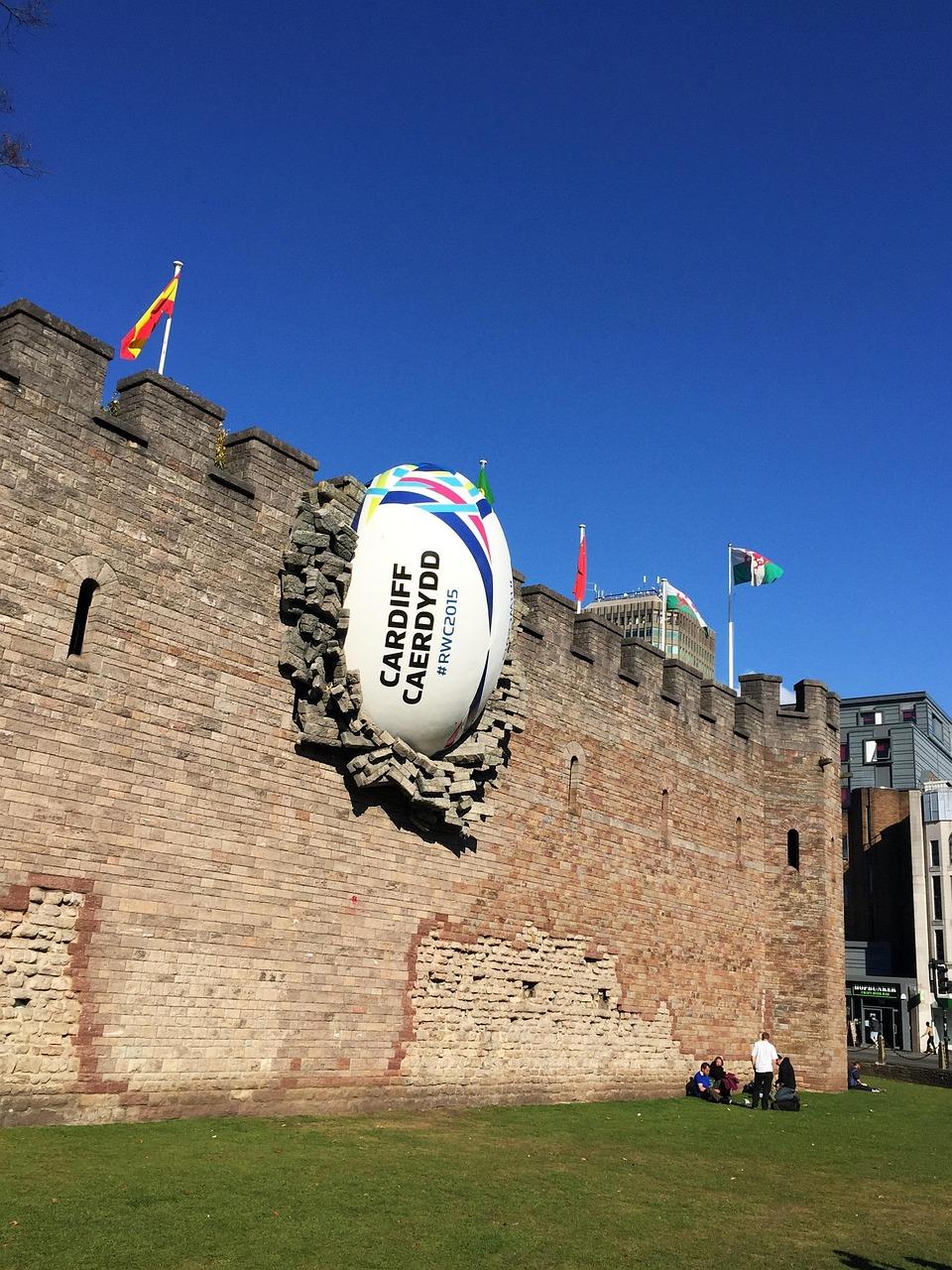In a dramatic clash that tested resilience and resolve, Wales found themselves grappling with an unprecedented challenge as their losing streak extended to 18 matches. Facing a determined Japanese side, the narrative of the game shifted swiftly, with Japan orchestrating a masterful comeback to claim a hard-fought victory. This match not only underscored Wales’s ongoing struggles but also highlighted the rising prowess of Japan on the international rugby stage, setting the tone for a pivotal moment of reflection and renewal in Welsh rugby.
Wales’ Struggles Deepen as Tactical Missteps Undermine Performance
Wales’ ongoing losing streak has now stretched to an unprecedented 18 matches, further highlighting the severity of their current crisis. The latest defeat at the hands of Japan was a stark illustration of how tactical errors continue to derail their efforts. Despite initial dominance, a series of questionable decisions in midfield and defense allowed Japan to claw back into the game and eventually claim a hard-fought victory. It’s clear that the team’s strategic approach lacks the adaptability needed to respond to dynamic in-game challenges, which has become a recurring theme in their recent performances.
Key factors contributing to Wales’ decline include:
- Inflexible formations that fail to leverage the strengths of key players.
- Suboptimal substitutions that disrupt team cohesion rather than enhance it.
- Poor defensive organization, especially under high-pressure scenarios.
- Inability to maintain possession during critical phases, allowing opponents to seize momentum.
As these tactical missteps mount, it’s evident that a comprehensive review and recalibration of Wales’ game plan is imperative. Without a fresh strategic perspective, the Welsh side risks enduring an even deeper slump that could jeopardize their standing at both regional and international levels.
Analyzing Japan’s Strategic Adjustments That Sparked a Remarkable Comeback
Japan’s tactical evolution on the field was crystal clear as they transitioned from a tentative start to an assertive dominance in the latter stages of the match. The coaching staff’s ability to recalibrate their game plan mid-match proved pivotal, emphasizing speed and flexibility over brute force. By exploiting Wales’ defensive gaps through quick offloads and razor-sharp support plays, Japan ignited their comeback, turning the tide dramatically. Their emphasis on spatial awareness and maintaining possession under pressure was a masterclass in adaptive strategy.
- Reconfigured defensive lines that nullified Welsh advances and forced turnovers
- Enhanced backend support enabling seamless transitions between attack and defense
- Targeted kick placements disrupting Wales’ territorial game
Crucially, the psychological grit demonstrated by Japan’s squad cannot be overstated. Their unwavering composure in the face of setbacks catalyzed a surge in confidence, giving them a palpable edge in the final quarter. This mental fortitude, combined with their strategic adjustments, signaled a clear statement to the rugby world: Japan is no longer just a challenger but a formidable force capable of rewriting expectations and sparking unforgettable comebacks.
Key Player Evaluations Highlighting Areas for Immediate Improvement
Wales’ persistent struggles in recent fixtures were all too evident as individual performances failed to inspire confidence. Key figures in the lineup showed troubling lapses in decision-making and execution under pressure, with uncharacteristic handling errors and missed tackles compounding their woes. The front row, typically a bastion of stability, looked beleaguered against Japan’s dynamic scrummaging, yielding critical penalties. Meanwhile, the backline lacked the usual incisiveness, often hesitating at crucial moments and losing momentum in attack. This reluctance to assert dominance in key phases undermined the collective effort and left the team vulnerable during pivotal exchanges.
Specific areas demand urgent attention, especially defensive cohesion and support play. Players must sharpen communication and spatial awareness to reduce the costly breakdown turnovers that have become a recurring theme. Moreover, fitness levels appeared to dip noticeably in the latter stages, with several players showing fatigue that Japan exploited ruthlessly. There is also a clear need for more proactive leadership on the pitch, encouraging better composure and resilience. Moving forward, coaches must prioritize targeted conditioning and mental preparedness strategies to arrest this slump and rebuild the confidence of Wales’ core personnel.
- Boost fitness and endurance to maintain pressure throughout the match
- Enhance defensive organization to close gaps and limit selection of Japanese runners
- Improve handling skills under high-pressure situations to minimize turnovers
- Develop clearer on-field leadership to guide decision-making and morale
Targeted Training and Mental Resilience Strategies to Break the Losing Cycle
To disrupt the ongoing cycle of defeats, Wales’ coaching staff must prioritize precision-targeted training rooted in tactical adaptability and physical endurance. Emphasizing scenarios that replicate high-pressure match situations can cultivate sharper decision-making and more resilient on-field synergy. Incorporating video analysis sessions with psychological coaching ensures players internalize lessons beyond physical technique, transforming setbacks into strategic advantages. Key elements such as agility drills combined with simulated adversity help condition athletes not just to react, but to anticipate and counteract opponents’ momentum shifts.
Building mental resilience goes beyond traditional preparation-it demands a holistic approach that reinforces confidence and collective belief. Techniques such as mindfulness meditation, controlled breathing, and cognitive-behavioral strategies empower players to maintain composure amid chaos, recover quickly from errors, and sustain peak focus. Essential components of this approach include:
- Regular resilience workshops facilitated by sports psychologists
- Team-building exercises that promote trust and unity under pressure
- Goal-setting frameworks that focus on growth rather than just outcomes
- Personalized mental conditioning tailored to individual stress responses
Such integration of targeted training with robust mental resilience interventions is critical if Wales aims to reverse their fortunes and re-establish themselves as formidable contenders on the international stage.
As Wales’ losing streak stretches to 18, the latest chapter against Japan serves as a stark reminder of the challenges facing a proud rugby nation in transition. Despite moments of promise, the Welsh side was unable to withstand Japan’s relentless comeback, underscoring the fine margins that define victory and defeat at the highest level. For Wales, the road ahead demands not only resilience but also a renewed vision-one that can turn adversity into the foundation for future triumphs. In the ever-unfolding narrative of international rugby, this defeat may yet be the catalyst for a long-awaited resurgence.



